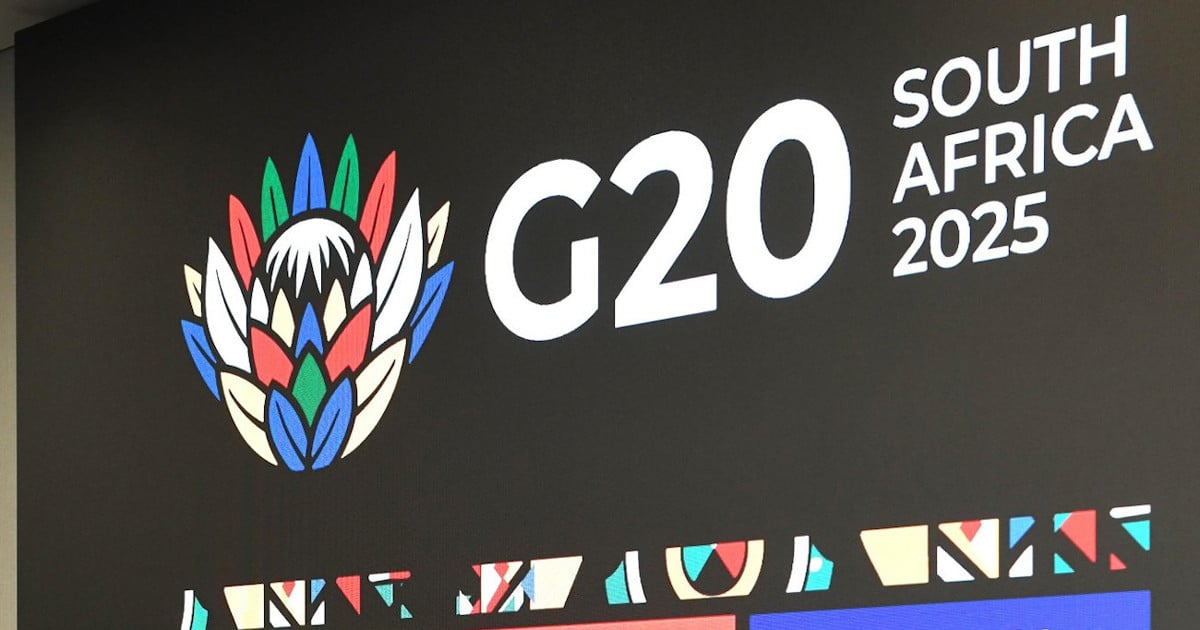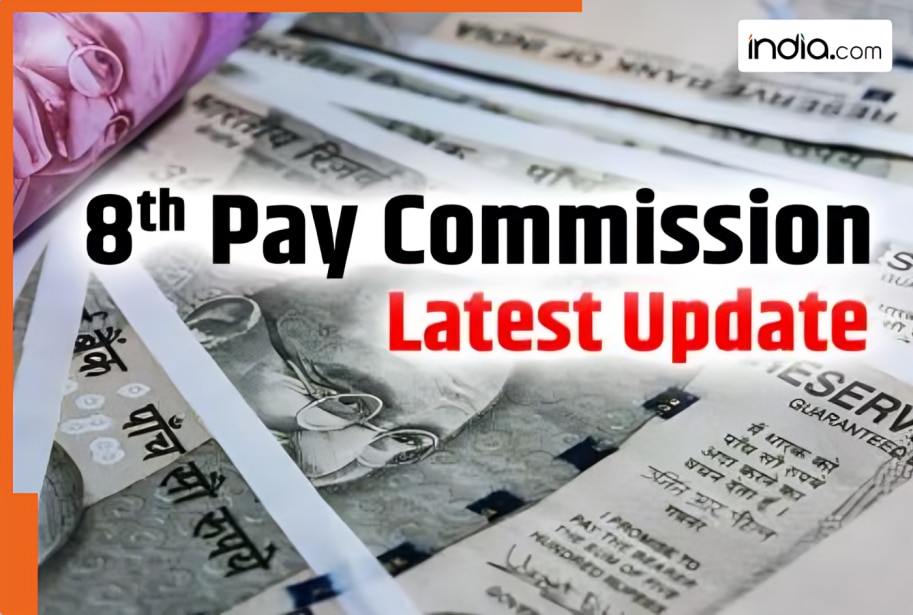G20 Finance Chiefs Proceed Without US President's Full Support Amidst South Africa's Leadership

Durban, South Africa – The G20 finance ministers and central bank governors concluded a productive three-day meeting in Zimbali, KwaZulu-Natal (KZN), this week, demonstrating resilience and focus despite a perceived lack of full endorsement from United States President Donald Trump regarding the bloc's efforts under South Africa’s presidency.
The meeting, the third in a series held this week, addressed a range of critical global economic issues, including inflation, debt sustainability, and the ongoing impact of geopolitical tensions. While President Trump's comments have been noted, they did not significantly disrupt the proceedings, with ministers and governors maintaining a collaborative and solution-oriented approach.
South Africa's presidency of the G20 has been marked by a commitment to inclusive growth and addressing the needs of developing nations. The finance track discussions reflected this priority, with a particular emphasis on supporting vulnerable economies and ensuring equitable access to resources.
Key Discussion Points & Outcomes:
- Inflation Concerns: Ministers acknowledged the persistent challenge of inflation and reaffirmed their commitment to implementing appropriate monetary and fiscal policies to stabilize prices. However, there was also recognition of the need to avoid overly aggressive measures that could stifle economic growth.
- Debt Sustainability: The issue of debt sustainability, particularly for low-income countries, was a central focus. Discussions centered on exploring innovative approaches to debt restructuring and providing targeted relief to countries facing severe debt distress.
- Geopolitical Impacts: The ongoing war in Ukraine and its broader impact on global supply chains and energy markets were also addressed. Ministers stressed the importance of international cooperation to mitigate the economic fallout and ensure food security.
- Climate Finance: The need for increased climate finance to support developing countries’ transition to a low-carbon economy remained a key priority. Discussions explored ways to mobilize private sector investment and enhance the effectiveness of existing climate finance mechanisms.
Despite the absence of a resounding endorsement from Washington, the G20 finance ministers and central bank governors demonstrated their ability to work together constructively and address pressing global economic challenges. The South African presidency successfully navigated a complex environment, facilitating productive discussions and laying the groundwork for future cooperation.
Looking ahead, the G20 is expected to continue playing a vital role in coordinating international policy responses to emerging economic risks and promoting sustainable and inclusive global growth. The focus will remain on fostering collaboration and finding common ground amidst a backdrop of increasing geopolitical uncertainty.






